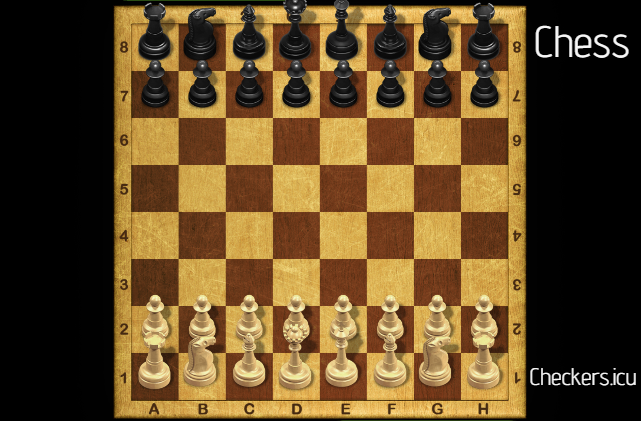Play Free Chess
Guide to Chess Strategy
Are you ready to take your chess game to the next level? In this article, we will explore some advanced chess strategies that will help you outsmart your opponents and dominate the board. From opening moves to endgame tactics, we've got you covered. Let's dive in!
Understanding the Basics of Chess
Before we delve into advanced strategies, let's review some basic chess concepts. Chess is a two-player game played on a checkered board with 64 squares. Each player controls 16 pieces, including a king, queen, rooks, knights, bishops, and pawns. The objective is to checkmate your opponent's king, putting it in a position where it cannot escape capture.
The Importance of Pawn Structure
Pawn structure is a crucial aspect of chess strategy. Pawns are the foundation of your defenses and can control key squares on the board. By maintaining a solid pawn structure, you can create strong outposts for your pieces and limit your opponent's mobility.
Developing Your Pieces
Effective piece development is essential for success in chess. By bringing your pieces into active positions, you can control the center of the board and exert pressure on your opponent's position. Remember to prioritize your knights and bishops in the opening to establish a strong foundation for your attack.
Advanced Chess Strategies
Now that we've covered the basics, let's explore some advanced chess strategies that will take your game to the next level.
Sacrificing Material for Positional Advantage
Sometimes, sacrificing material can lead to a significant positional advantage. By giving up a pawn or a piece, you can disrupt your opponent's position and create opportunities for a devastating attack. Calculate carefully before making a sacrifice, ensuring that you will benefit from the resulting imbalance.
Initiating Double Attacks
Double attacks are a powerful tactic in chess, where a single piece threatens multiple enemy targets simultaneously. By coordinating your pieces effectively, you can pressure your opponent and force them into a difficult position. Look for opportunities to create double attacks and exploit your opponent's weaknesses.
Utilizing Zugzwang
Zugzwang is a German term that describes a situation where any move a player makes will worsen their position. By putting your opponent in zugzwang, you can force them to make unfavorable decisions and gain a decisive advantage. Use this strategy to trap your opponent's king and secure a winning position.
Mastering the Endgame
The endgame is where chess games are won or lost. By honing your endgame skills, you can convert your advantages into victory. Focus on improving your king's activity, creating passed pawns, and coordinating your pieces efficiently to outmaneuver your opponent in the endgame.
Chess is a game of strategy, skill, and foresight. By mastering advanced chess strategies and honing your tactical prowess, you can outplay your opponents and achieve victory on the board. Remember to practice regularly, analyze your games, and learn from your mistakes to continue improving your chess skills. With dedication and perseverance, you can become a formidable chess player and enjoy the thrill of outsmarting your opponents on the board.

